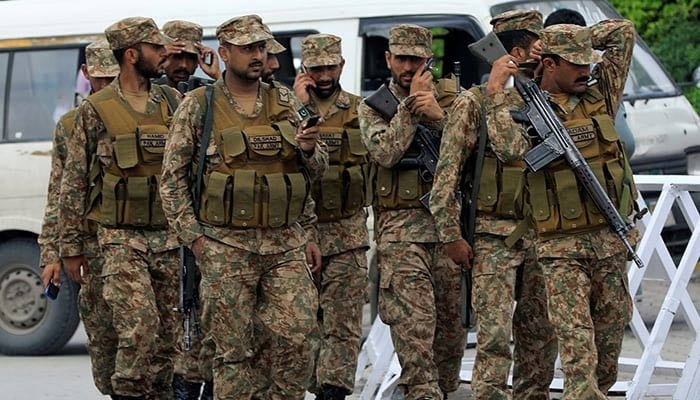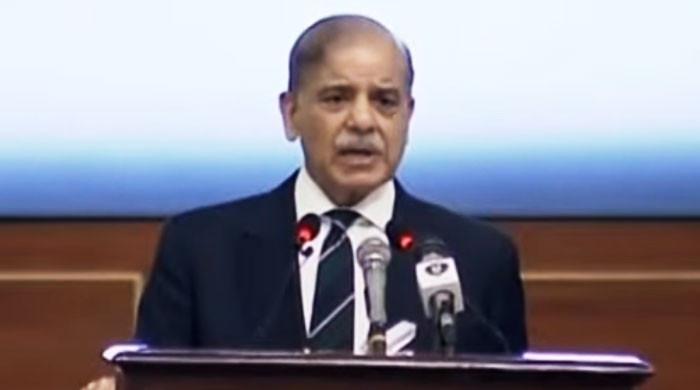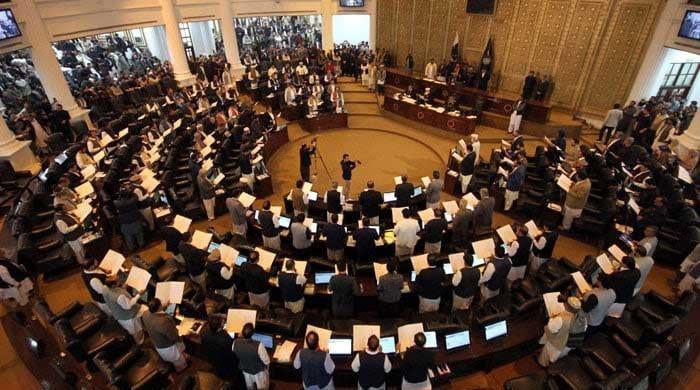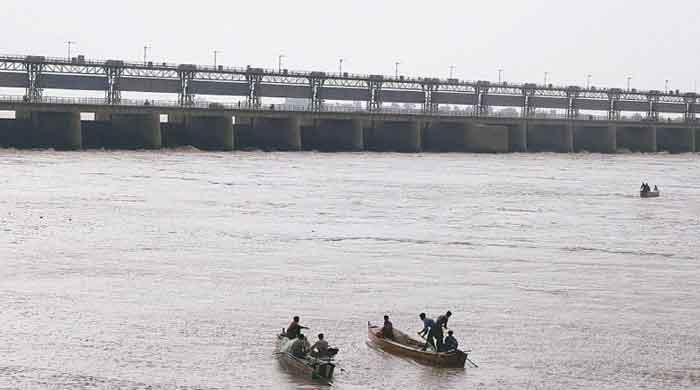Heavy losses for 'Afghan Taliban' as Pakistan responds to unprovoked cross-border fire
Sources say Afghan Taliban in Pilwasin opened fire at Pakistani check-post on September 7
September 08, 2024

- Two "key commanders" of Afghan Taliban killed in retaliatory fire.
- Afghan Taliban hit Pakistani check-posts with advanced weapons.
- Incident comes amid massive uptick in terrorist activities in country.
At least eight Afghan Taliban fighters were killed and 16 others injured in the early hours of Saturday (September 7) when Pakistani forces retaliated against unprovoked cross-border firing from Afghanistan's Pilwasin area.
According to Geo News, sources linked with border security personnel confirmed two "key commanders" of the Afghan Taliban, Khalil and Jan Muhammad, were killed in the exchange of fire.
"Afghan Taliban opened fire towards Pakistani check-posts using advanced weaponry in Pilwasin on the morning of September 7."
Besides a spike in terrorist activities within the borders, Pakistan has witnessed a significant surge in cross-border attacks from the neighbouring country targetting security forces in recent months.
Islamabad has time again called on the interim Afghanistan government to prevent its land from being used by the Tehreek-e-Taliban Pakistan (TTP) and other militant organisations for carrying out attacks against Pakistan.
Earlier this year, the government introduced a major policy shift under a decision to stringently enforce international laws at its borders with Afghanistan, to restrict the influx of militants and smuggled goods into the country.
Afghanistan does not recognise the Durand Line, the border between the two countries, arguing it was created by the British to divide ethnic Pashtuns.
The 2,640-kilometre border was established in 1893 through an agreement between British-ruled India and Abdur Rahman Khan, then ruler of Afghanistan.
Both countries share 18 crossing points, with Torkham and Chaman being the most frequently used for trade and movement of people. These crossings connect Balochistan province to Afghanistan's southern Kandahar province.
In 2017, Pakistan started fencing the border with Afghanistan to contain terrorist cross-border movement, a move condemned by Kabul.
Last month, three Pakistani soldiers embraced martyrdom in a gun battle with terrorists who were trying to infiltrate Pakistan via the Afghanistan border near Khyber Pakhtunkhwa's (KP) district Bajaur, the Inter-Service Public Relation (ISPR) said.
"Own troops effectively engaged and thwarted their attempt to infiltrate. Resultantly, five Khwarij of Fitna al Khwarij were sent to hell, while four Khwarij got injured," the ISPR said.
The nation has been reeling under rising violent attacks since the Taliban rulers returned to power in Afghanistan in 2021, particularly in the bordering provinces of Khyber Pakhtunkhwa and Balochistan.
More recently, a series of deadly terror attacks hit Balochistan in a single day, which claimed the lives of 50 people, including 14 security personnel. In response to these attacks, security operations were intensified across the region.
In 2023, there were at least 170 militant attacks killing 151 civilians and 114 security personnel in Balochistan, as per the Pakistan Institute for Conflict and Security Studies.
Against this backdrop, the federal cabinet in June this year approved Operation Azm-e-Istehkam, a reinvigorated national counter-terrorism campaign following the Central Apex Committee's recommendations under the National Action Plan to root out terrorism.











